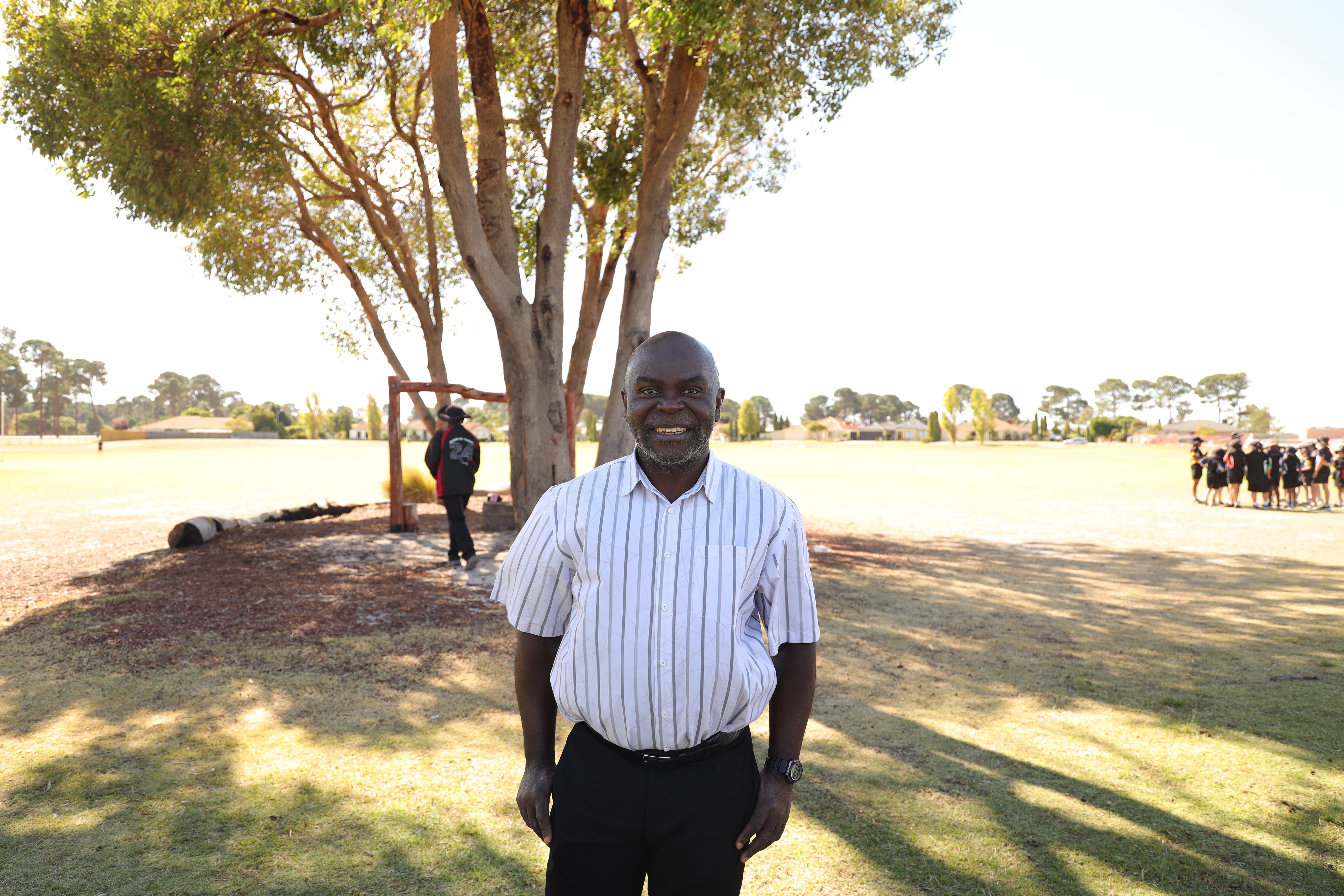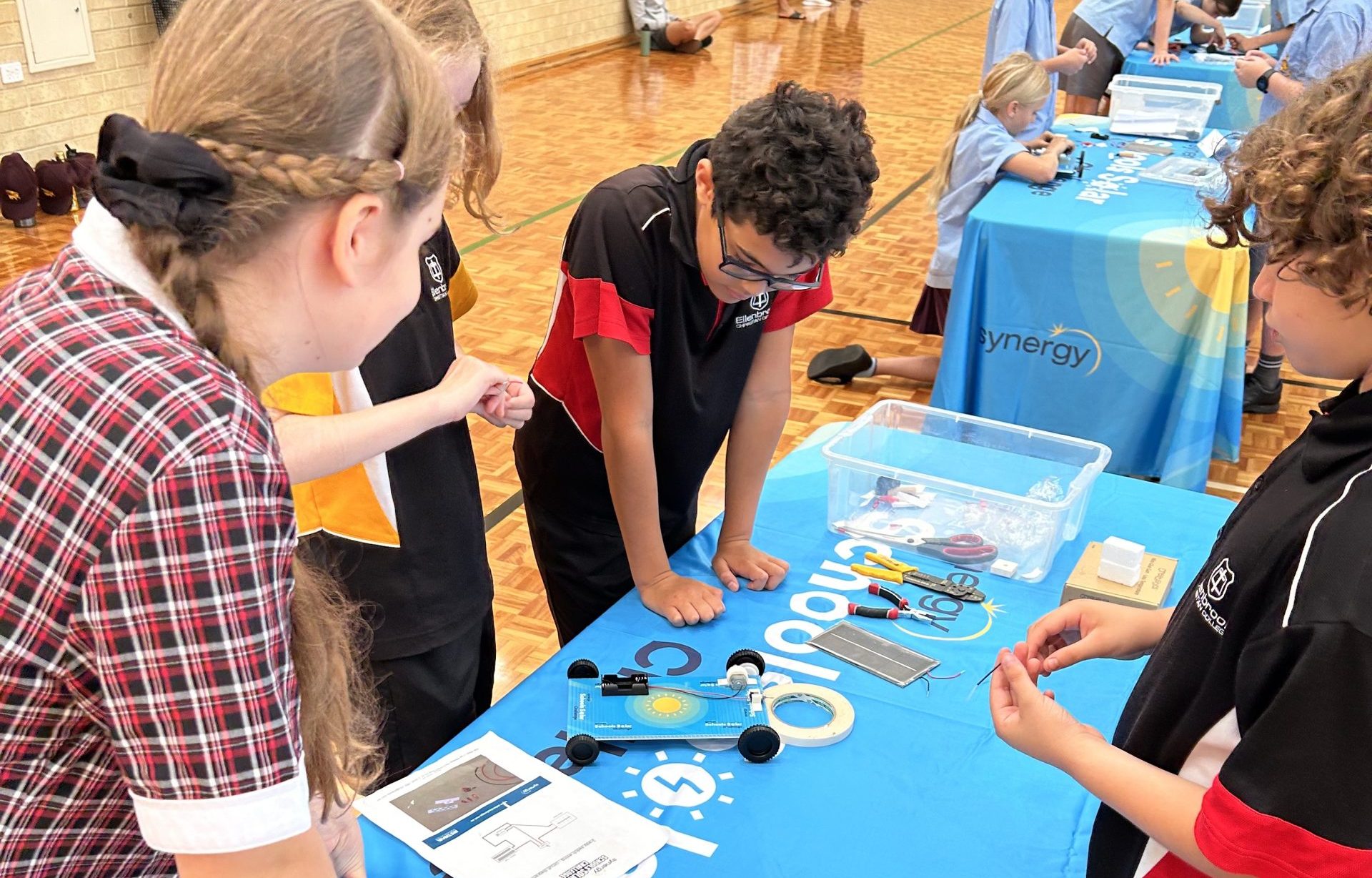Awareness is key - supporting students with ADHD + DLD
WORDS: Danielle Grisham, Head of Learning Support
I suspect, like me, you often feel bombarded with awareness days/months, and this month is no different. October is ADHD awareness month and DLD (Developmental Language Disorder) Day is on the 18th of October. But these days serve a purpose. They seek to communicate about topics which may be misunderstood, remove barriers and challenge misconceptions.
“Awareness is Key!”
The 2024 ADHD Awareness Month theme is “Awareness is Key!” Attention Deficit Hyperactivity Disorder (ADHD) is a neurodevelopmental disorder that affects about 5-7% of Australians. The name itself is misleading – ADHD is not really a deficit in attention; people with ADHD tend to have difficulties regulating their attention – they either hyperfocus (all their attention is focused on one thing), or their attention is scattered on many things. ADHD affects the pre-frontal cortex which assists with executive functions. Executive functions are a set of skills which underlie the capacity to plan ahead and meet goals, display self-control, follow multiple-step directions, stay focused despite distractions, and manage emotions. In a classroom, it could look like:
- Difficulty planning assessments and handing them in on time, or avoiding tasks when they seem overwhelming
- Being distracted in class and needing to move/fidget
- Managing anger and frustrations
- Needing reminders to work quietly (talks excessively or interrupts)
- Difficulty following instructions
- Making and keeping friends
- Misplacing work or items such as water bottles and hats
- Say/do something and regret it instantly (impulsive)
Developmental Language Disorder
DLD is a hidden but common disability that affects 1 in 14 people causing difficulties understanding and using language. It is important to note that the cause of DLD is unclear and it usually starts to show in early childhood. DLD may affect social interactions such as conversations, making and keeping friends and solving social problems, and learning, including managing attention.
When we talk about language, we include expressive language (what we say) and receptive language (what we understand). If a child is having difficulties with their expressive language, they may find it hard to use correct grammar, have a limited vocabulary, and express their ideas, thoughts and feelings in a clear and organised manner. If a child has receptive language difficulties, they may find it hard to follow instructions, understand complex vocabulary, comprehend questions and texts, and follow conversations.
As we live in a language rich world, we can help our DLD kids by:
- Using clear and explicit language
- Repeat key phrases and instructions
- Use Key Word Sign or non-verbal body language to support verbal/spoken language
- Use multimodal supports such as visuals, graphic organisers, videos, etc.
- Give chunks of information (not all information at once)
- Support vocabulary acquisition (explain new words, support with visuals)
- Allow for processing time
Awareness is key! With awareness we can support our children and create a safe environment where they can thrive and learn.
If you would like to learn more about ADHD or DLD, please feel free to contact me at the College.
Helpful Links
For further information about ADHD and DLD, and support strategies, please see the links below:
ADHD websites
CHADD
What is ADHD?
ADHD Services
ADHD WA
Free Online ADHD Course
DLD websites
DLD and Me
The DLD Project


























































